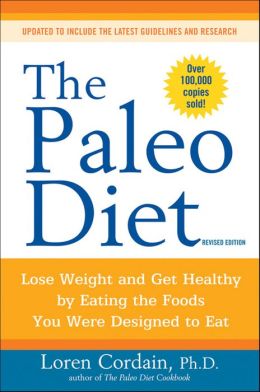 |
| June 4th, 2014 |
Happy National Running Day, everyone! I got in an early morning four mile run today and hope to double the celebration with an evening run. During my 7 am run, I found myself thinking about all the wonderful experiences that I have had during my 35+ years of running and racing -- I started pondering what I have learned while logging in many thousands of miles. I came up with the following list of key pointers that I should share. Please note that these are in no particular order
1. It is better to race and bonk than not to race at all. Racing is a great experience even if you do not perform well -- crossing the finish line is always empowering!
2. Water is your best friend before, during, and after a run.
3. Runners, as a community, are awesome!
4. Double knotting your shoelaces does not ensure that they will remain knotted, especially if they are the "rounded" (not the "flat") kind.
5. Runners are so passionate about running that they want to encourage everyone to become a runner!
6. On a windy, fall day, when your marathon starts on a bridge, be sure to wear a hefty garbage bag with holes for your head and arms -- this will block the wind so you do not freeze while waiting for the gun to go off.
7. When running on a cold day, wear layers on your upper body.
8. When running outdoors, wear high quality sunglasses to prevent premature cataracts.
9. If there is any possible chance that you will be walking through wet grass or mud on your way to the start of a race, especially a marathon, wear a plastic bag over each running shoe and tape shut the tops of the bags.
10. Learn how to fold paper cups so that you can drink on the run instead of walking at water stops.
11. Cut your toenails at least two days before a big race, not the night before! What if you cut off too much? You do not want to hurt or risk an infection during the race.
12. Put Glide or Vaseline or Aquaphor everywhere when running for an hour or more. Chafing is very painful (and not particularly attractive).
13. Have a New York City salted pretzel the day before the marathon -- you need the electrolytes and the carbs!
14. Enjoy the sights and sounds along your running routes. Take a break from your headphones every so often so that you can listen to the babbling brook or the bustling noises of the big city.
15. Watch out for potholes and other nasty obstacles during races. Be sure to do a quick survey of the ground ahead of you at regular intervals.
16. Life is short. Be grateful for every step that you can take... Ready, set, go -- seize the day!
Okay, enough random thoughts for today!
Do you have any lessons you would like to add? Please do so in the comments section below.
And, always remember to:






![[imagesCAFK1MCN%255B2%255D.jpg]](https://blogger.googleusercontent.com/img/b/R29vZ2xl/AVvXsEhJwW_Wdaz3lH_x8ngj_SC2OnOxiMI09yYtOS9xFOVgv_LCRmJwpjZqCJGWd0Df1hQIpATsZ1IpqRTndP8ty-vYl6Bxw8Gg0odOkebtYgENH7q1ntalvng80gBoQxPp8NJ0mXQWHvauUMkL/s320/imagesCAFK1MCN%25255B2%25255D.jpg)




